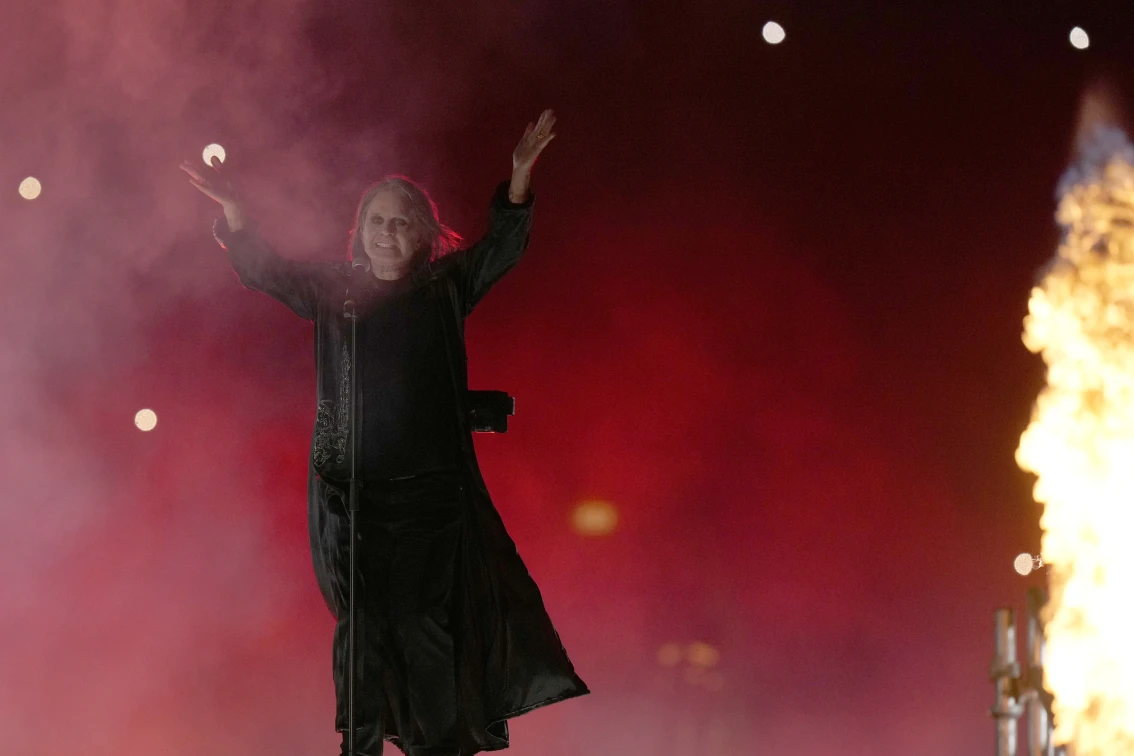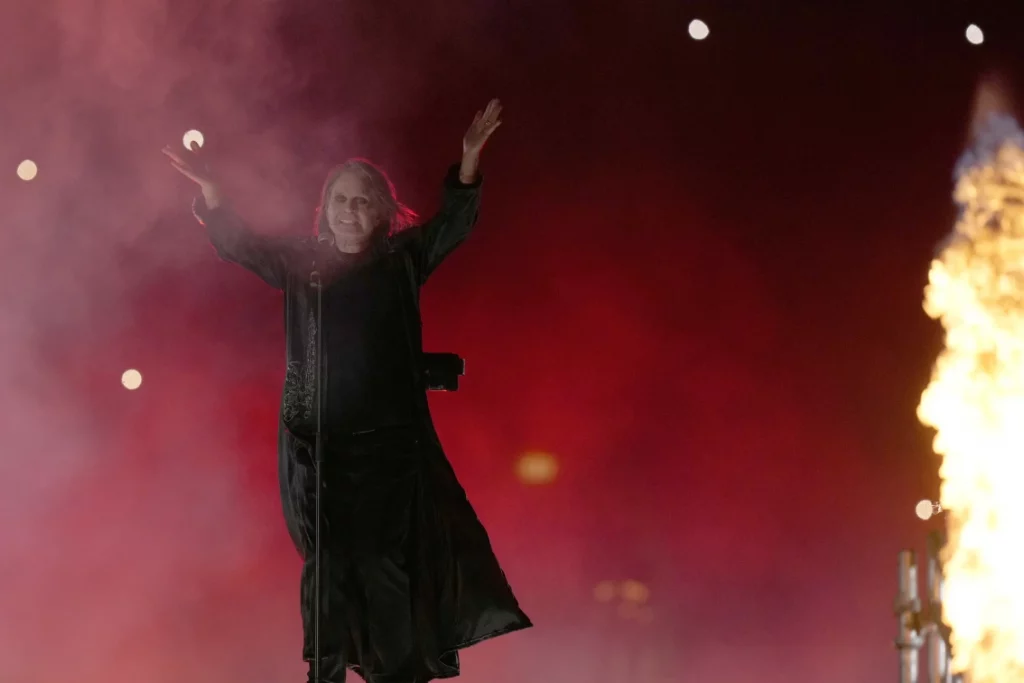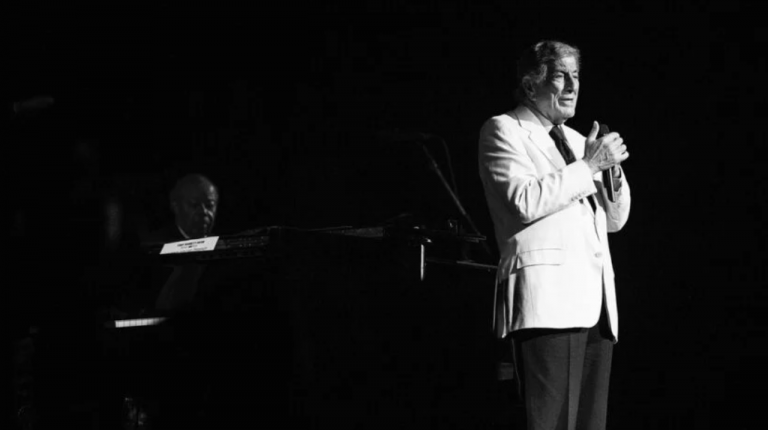

Ozzy Osborne, frontman of Black Sabbath, has completed his life as one of the most influential musicians of his time. Credit to AP Photo/Alastair Grant.
Los Ángeles, California (July 22, 2025)- Ozzy Osbourne, the iconic frontman of Black Sabbath and one of the most influential and controversial figures in the history of rock music, has died at the age of 76. The singer passed away Tuesday morning, just weeks after performing his final farewell show. His family, in a statement from Birmingham, England, said Osbourne was “surrounded by love” in his final moments. “It is with more sadness than mere words can convey that we have to report that our beloved Ozzy Osbourne has passed away this morning,” the statement read. “We ask everyone to respect our family privacy at this time.”
Osbourne had battled serious health issues in recent years, including a diagnosis of Parkinson’s disease in 2020 following a debilitating fall. Despite his declining health, he remained a larger-than-life presence, both on and off stage, until the very end. His passing marks the close of a turbulent, trailblazing career that spanned more than five decades and left an indelible mark on music and pop culture.
Born John Michael Osbourne in the working-class city of Birmingham, Ozzy helped form Black Sabbath in 1968—a band that would go on to reshape the rock landscape with a new, darker sound that came to define heavy metal. Their 1969 debut album, Black Sabbath, is widely regarded as the genre’s ground zero. Released in the shadow of the Vietnam War and the crumbling utopianism of the ‘60s, the record was raw, loud, and heavy, drenched in dread and power. Osbourne’s eerie, howling vocals set the tone for a generation disillusioned with peace and flower power. He was the voice of something deeper—something darker—and it resonated.
Throughout his career, Osbourne often courted controversy with his theatrical, over-the-top stage persona. Whether performing shirtless, adorned in black, or engaging in notorious stunts—like the infamous bat-biting incident that cemented his status as a rock-and-roll legend—Ozzy made headlines and drew fire from parents’ groups and moral critics alike. But while some saw him as a dangerous influence, others saw a performer who dared to tap into the parts of ourselves we’re often told to hide: rage, chaos, and raw emotion.
Despite his image as heavy metal’s wildest figure, Ozzy’s complexity came into full view with the success of The Osbournes, the early-2000s reality TV show that followed his eccentric family life. On screen, fans met a different man: not the demon-invoking rocker of legend, but a befuddled, often sweet father figure navigating domestic absurdity with humor and heart. The show made him a household name for a new generation and added a surprising dimension to his legacy.
Even as his health declined, Osbourne remained committed to his music and his fans. His farewell performance, delivered in defiance of his physical struggles, was a final act of devotion to the art form he helped create. It was Ozzy being Ozzy—unyielding, passionate, and unapologetically himself.
Ozzy Osbourne’s death marks the end of an era, but his voice, his music, and his myth will continue to reverberate. He was the sound of rebellion for countless fans across generations. He was chaos and charm, menace and vulnerability, all wrapped in one unforgettable figure. The Prince of Darkness has taken his final bow, but the echo of his growl will thunder through the halls of rock history forever.








